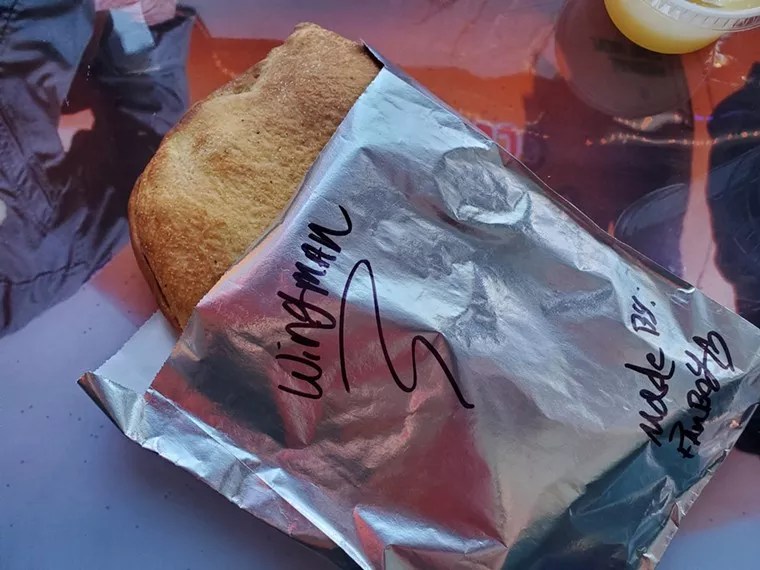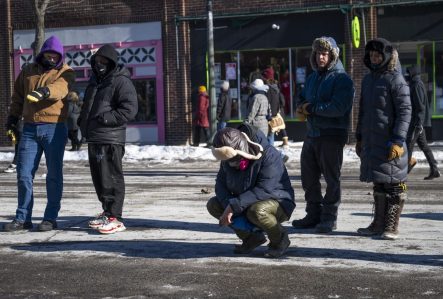Full Afterburner Calzones
While basic pizza dough is made with flour, water, yeast, salt and olive oil, the dough at Full Afterburner Calzones is made with five additional (top-secret) ingredients. The result is a super-thin, slightly crisp exterior that eats more like a sandwich and is ideal for grabbing on the run or downing late-night after drinks at the bar. Choose from seven standard calzones, including a breakfast option with sausage, egg, green chiles, onion and mozzarella, and a dessert calzone with Nutella, powdered sugar and your choice of fruit filling. You definitely don’t need a fork; in fact, if you ask for one, you’ll be presented with the large wooden “fork of shame” that hangs near the menu up front. While these calzones may be a bit pricier than a slice, they’re also far more filling – plus the comparison with pizza doesn’t really do them justice. They’re more like grown-up Hot Pockets, in a really, really good way. And like a Hot Pocket, they’re ready in minutes, piping hot and extremely satisfying.

Molly Martin






